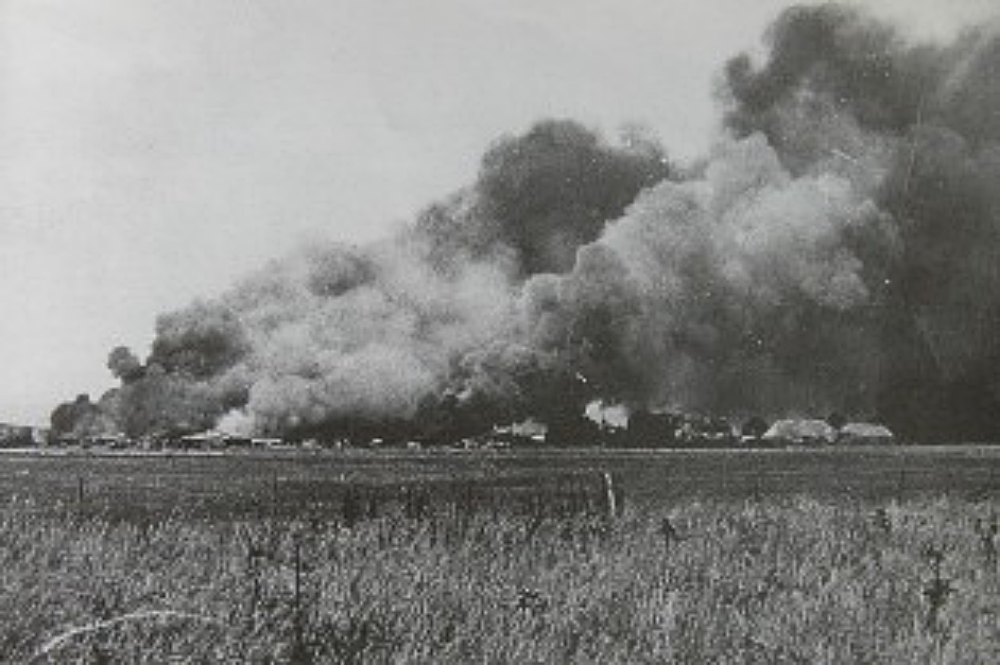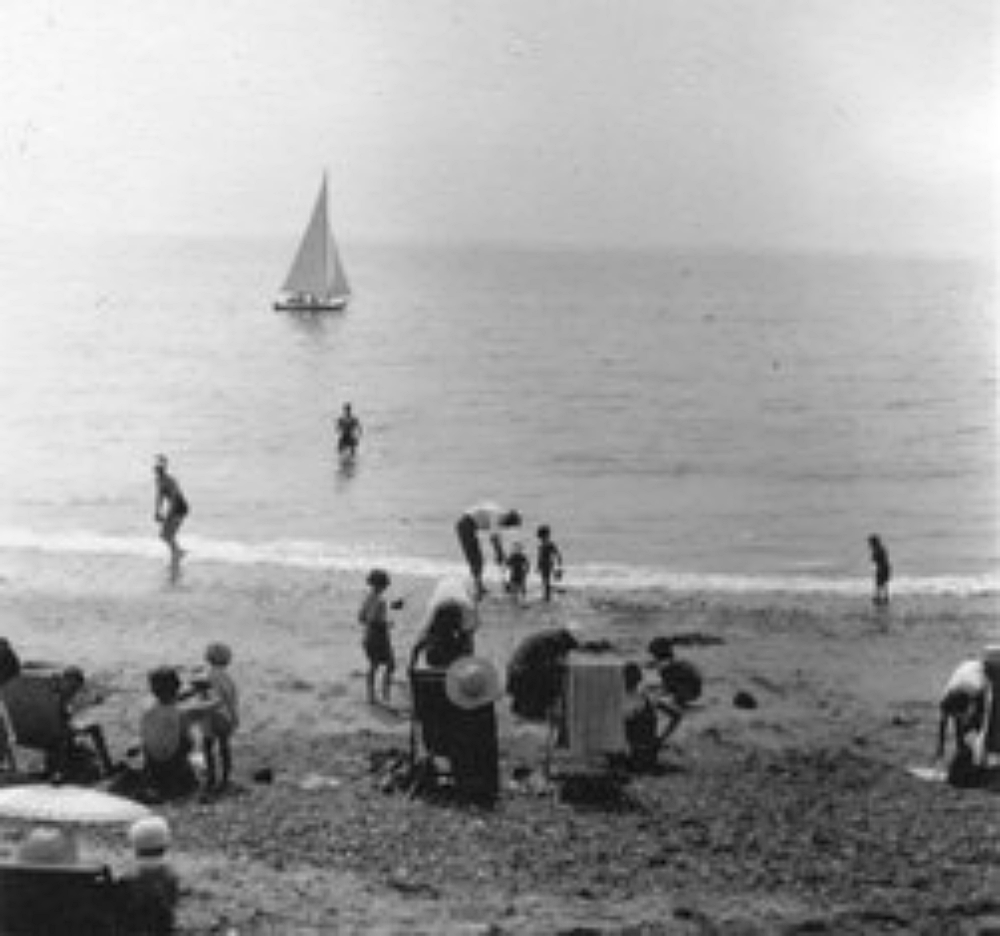Calm Before the Storm

A SENSE of impending doom pervaded Littlehampton sixty-nine years ago, as war with Germany for the second time in 21 years began to appear almost inevitable.
Freddie Feest recalls how patriotic rallying cries conflicted with wishful thoughts of peace as the people of one typical small town on the South Coast prepared with the rest of Britain for the worst but hoped, until the very Sunday morning when war was declared, that the bitterness between Britain and Nazi Germany might somehow – however unlikely – end in a peaceful solution.NOTICES were already being posted in the April of 1939 that sirens, whistles and hand bells would all be used to give warning in the event of enemy aeroplanes raiding Littlehampton.
As the omens of war between Britain and Germany grew stronger by the day, residents of one of the South Coast’s favourite seaside holiday towns, preparing for a bumper summer season, could still not take too seriously the distributed official literature declaring that “warnings of impending air raids will be given by a fluctuating or warning blast of a siren which will last two minutes. These will be reinforced by ARP (air raid precautions) wardens in their respective districts.
“The “all clear” signalling that the raiders have passed will be a prolonged single siren blast lasting two minutes – and wardens will again ring their hand bells.”
In early 1939 many thought it was all too bizarre to be taken seriously, particularly when officialdom added, “In the case of gas being used, residents will be warned by rattles to keep clear of infected areas.”
The disbelief with which the majority of the population greeted these announcements was interpreted as a lack of patriotism by a minority. One who saw it in this light was Colonel C Murphy, chairman of the newly formed Territorial Army Recruiting Committee for Littlehampton and Rustington.

In a speech delivered in Littlehampton Council chamber he witheringly rebuked the town for its “lack of patriotism” adding, “When it comes to recruitment for the Territorial Army, Littlehampton and Rustington has always shown a deplorable lack of enthusiasm, occupying the unenviable position of being the most backward centre in the county.”
He continued, “We are only recruiting for the infantry and, although they are the most important force in the fighting services, they are not the most popular.”
In an unfortunate vein that harked back to outdated experiences in World War One, he outlined his “vision of the coming conflict.”
“The most valuable man in England today is the man who is fit and willing to go into the trenches because, if and when the conflict comes, it is there it will be decided.”
Colonel Murphy’s harangue and stories of past heroism failed to attract many willing recruits, so a giant Territorial Army National Service display was staged in Littlehampton on July 5, 1939. The hopefully still-to-be-avoided outbreak of war was still two months away but by this time there had been a major shift in local public opinion.
The display was graphically described in the Littlehampton Gazette two days later.
“All Littlehampton seemed to be at the display,” it reported. “Hundreds of residents took part; they were the town’s “civil Army”. The rest went to look on and to pick out fathers, mothers, friends and relations as the “Army” paraded.
“There was a mimic battle by Territorials with smoke screens and tanks, searchlights picking out RAF bombers, rescues by firemen, incendiary bombs and fire-fighting all included.
“Some of the marching may have been poor and some of the arm-swinging heartless and self-conscious but it was impressive as a demonstration of what could be achieved by score upon score of ordinary people giving their spare hours to doing what they believe they should for their country’s safety.
“Then came the private army of car and lorry owners with laundry lorries and trade vans converted into ambulances.
“A Whippet tank and two searchlight lorries with full equipment rumbled by while three bands played the parade around the town.
“Later, Mewsbrook became the centre of special events with exercises by ARP rescue and first aid parties.
“Crowds watched the empty shell of what was part of Rustington Towers burned down and then they returned to the Common to see exercises by the Territorials. “They fought a mimic battle between one party protecting the river against another using the sound of heavy machine guns – produced by rattles.
“There followed at St Augustine’s Terrace a demonstration by a decontamination squad with mustard-gas bombs supposed to have been dropped by four aircraft roaring in close formation overhead.”
There was apparently only one dissenting voice criticising the great day. It came from the Vicar of Littlehampton, the Rev E Orr – angry with the Church not being invited to take part in the event!